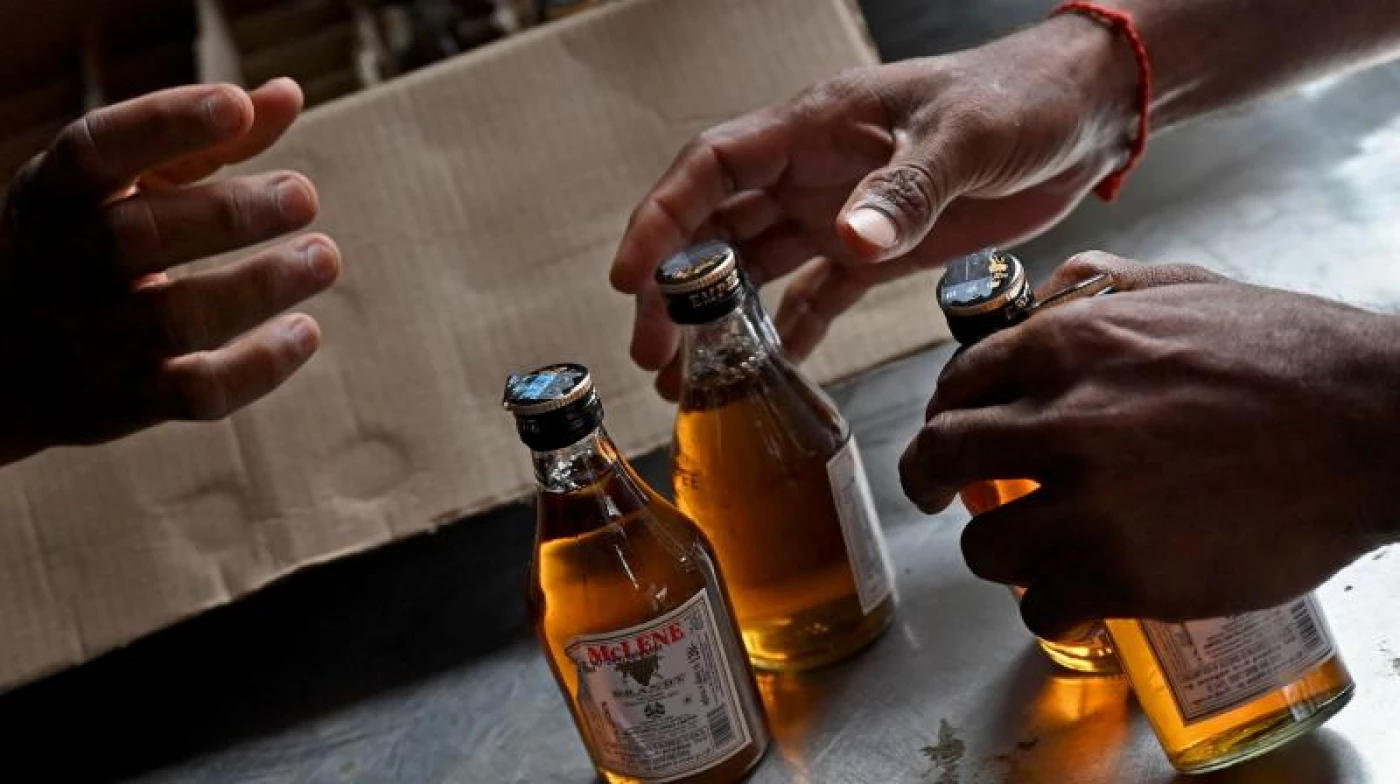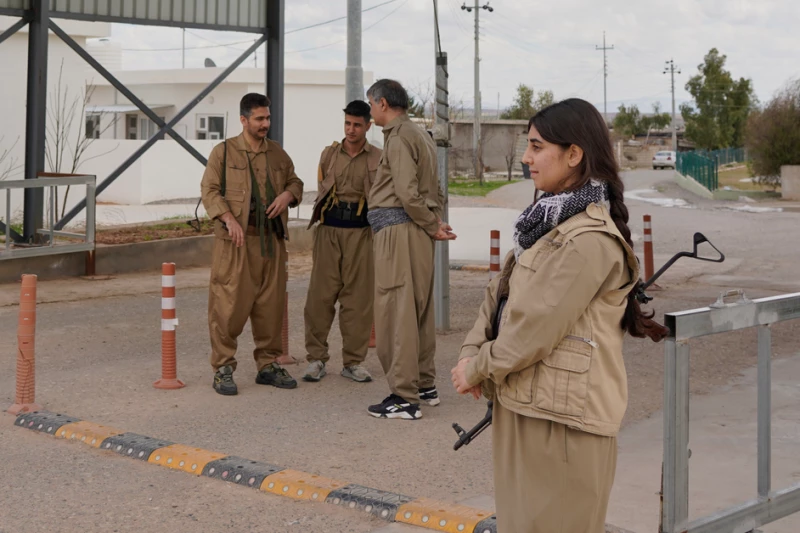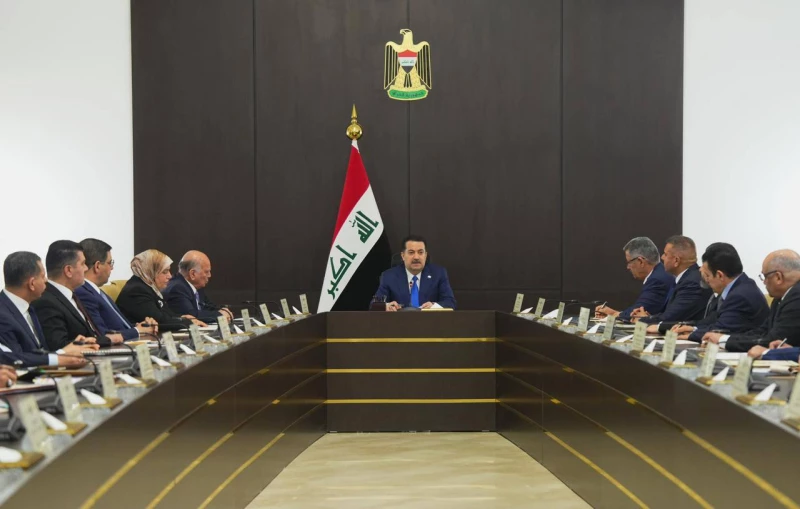DUBAI, UAE - A recent document circulating on social media revealed a decision by the General Secretariat of the Council of Ministers of Iraq to ban the manufacturing and sale of alcoholic beverages in social clubs, including Al-Alawiya Club in Baghdad.
The directive has caused concern, with questions about its impact on personal freedoms and the country's tourism sector.
Built in 1921, the Al-Alawiya Club is one of the most famous and social elite clubs located in Baghdad's Abu Nuwas district.
The decision applies to all social clubs, including also the Al-Sayyid Club and Al-Yarmouk. The decision has sparked widespread debate and concern among both Iraqis and international observers.
Mithal Al-Alusi, a prominent Iraqi politician and former member of parliament, criticized the move, describing it as part of a broader political agenda.
“Political parties are trying to turn Baghdad into Kandahar,” Alusi said, referring to the founding city and spiritual center of the Taliban.
Alusi suggested that the ban was a step towards imposing stricter religious controls and facilitating the spread of the “drug trade’ in Iraq.
“The decision to prohibit the sale of alcoholic beverages in Baghdad's social clubs is surprising. This decision reflects the political intentions of certain groups, closely aligned with Iran, to transform Baghdad into Kandahar. At the same time, it encourages the spread of drug use in Iraqi society,” he told The New Region.
Alusi further warned that the decision could have detrimental effects on Iraq's tourism industry and its reputation abroad.
“This kind of decision sends a negative message to the international community, suggesting that Iraq does not respect religious and social diversity,” he said. “Imposing such measures on the entire population due to political motives undermines personal freedoms and is a dangerous precedent.”
Legal experts also weighed in on the decision, discussing its legality under Iraqi law.
Habib Al-Quraishi, a legal affairs specialist, pointed out that “the Iraqi Non-Governmental Organizations Law (NGO Law) No. 12 of 2010 prohibits organizations from engaging in commercial activities for profit.”
According to Quraishi, since social clubs are classified as civil society organizations, they fall under the same legal restrictions.
"The ban is in accordance with the NGO Law, which prohibits such activities," Quraishi explained. “However, these clubs have the right to appeal the decision through the General Secretariat of the Council of Ministers.”
Quraishi further clarified that social clubs can file an appeal within ten days of receiving notice of the suspension.
“The law allows organizations to be dissolved or have their membership suspended if they engage in activities contrary to their stated objectives or violate Iraqi law,” Quraishi said. “If the club does not rectify the violation after receiving warnings, the suspension or dissolution becomes final.”
As the debate continues, the decision to ban alcohol in social clubs highlights the ongoing tension in Iraq between political and religious factions, with some fearing it may undermine Iraq's openness and its appeal as a destination for international tourists.



 Facebook
Facebook
 LinkedIn
LinkedIn
 Telegram
Telegram
 X
X


